I’m finally getting back on track blogging here. At long last, I’m addressing the winning suggestion (from Thane Woods and Sean Burnham). They both asked similar questions and so I’m treating them together.
The questions they raised shaped up as “Just how important is setting for a story?” While it is certainly possible to write a story where setting plays no large part, any story is richer for treating the setting as one of the characters.
Where a story takes place affects the atmosphere of the tale being told. Say you have your character “go into town.” If that town is a single street small town close to the countryside, you create the impression of a slower paced environment, possibly more open and friendly.
 This is a very different feeling from the rush and clutter and busy-ness of a major city.
This is a very different feeling from the rush and clutter and busy-ness of a major city.
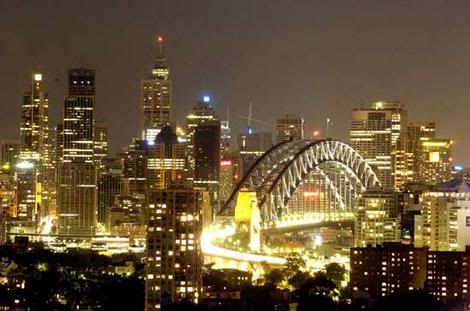 One author for whom setting is very important is Stephen King. His small Maine towns are important to the nature of his stories. The seeming innocence and openness of them provide sharp contrast to the horror he will let leak out of the woodwork. The Shining was in fact written in reference to a specific real location, a remote hotel in the Colorado mountains. The isolation of the real hotel inspired King’s tale of hyped-up cabin fever. And the haunted hotel itself is a very key character.
One author for whom setting is very important is Stephen King. His small Maine towns are important to the nature of his stories. The seeming innocence and openness of them provide sharp contrast to the horror he will let leak out of the woodwork. The Shining was in fact written in reference to a specific real location, a remote hotel in the Colorado mountains. The isolation of the real hotel inspired King’s tale of hyped-up cabin fever. And the haunted hotel itself is a very key character.
A writer wants to consider the sort of impact the setting can have. If you have a character living on the shore of an ocean, what sort of effect do you want it to have? Are you telling an ominous tale of turbulent soul-searching? Then perhaps you want that shore to be a rocky one with crashing waves.
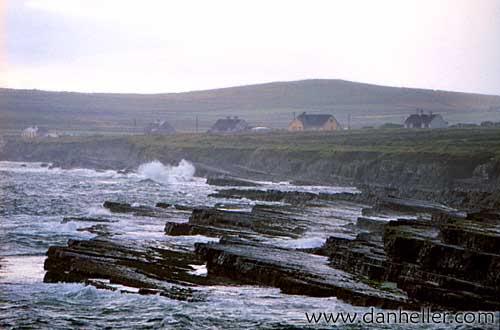 The environment can become a physical manifestation of the internal landscape of your character. By way of contrast, if that ocean shore is a warm tropical beach on a turquoise-watered lagoon, the story will have quite a different feel. If that is your setting for the tale of turbulent soul-searching, it will create a very different feeling for readers.
The environment can become a physical manifestation of the internal landscape of your character. By way of contrast, if that ocean shore is a warm tropical beach on a turquoise-watered lagoon, the story will have quite a different feel. If that is your setting for the tale of turbulent soul-searching, it will create a very different feeling for readers.
 Are your forests friendly and inviting?
Are your forests friendly and inviting?
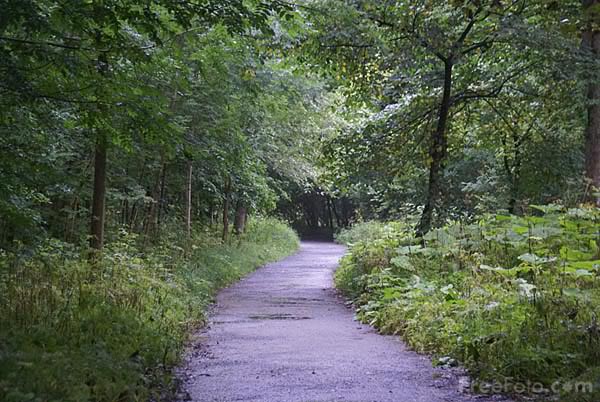 Or are they close, hostile and threatening?
Or are they close, hostile and threatening?
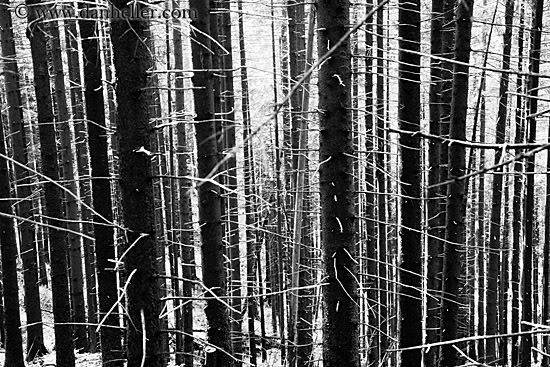 In The Scribbler’s Guide to the Land of Myth I go into the various symbolic effects the environment of a story can have. But “setting as character” moves beyond that.
In The Scribbler’s Guide to the Land of Myth I go into the various symbolic effects the environment of a story can have. But “setting as character” moves beyond that.
What happens to your story if you consider the setting as an active character in the events? What if that busy urban location is hostile to your character? What would that look like? Taxi cabs that never stop for your Hero. Traffic lights that always stall the character’s forward motion. Noise that keeps the character from thinking. Each of these elements could be a factor in your story, fleshing it out, giving it more texture and substance.
Think of stories where the location has a major effect on the feel of the story. The open wild moors of Yorkshire in Emily Bronte’s Wuthering Heights create a sense of isolation.
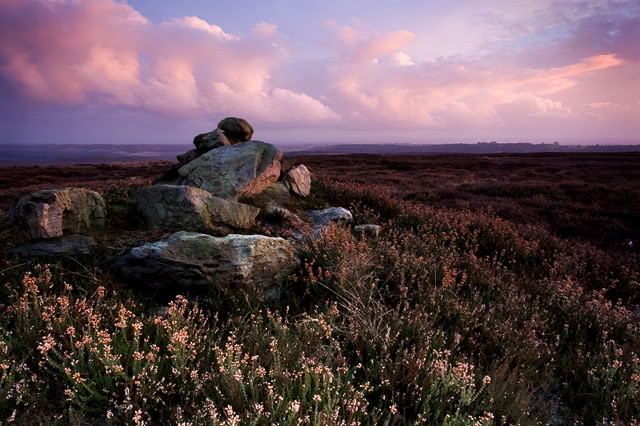 The fogs of London contribute to the suspense of many Sherlock Holmes stories.
The fogs of London contribute to the suspense of many Sherlock Holmes stories.
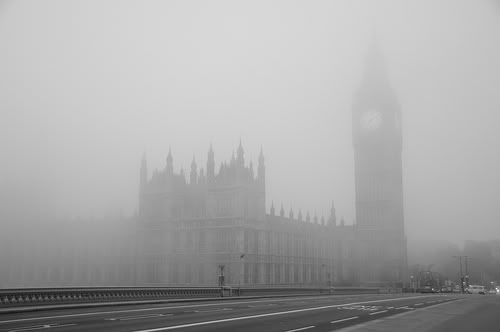 The jungles of Africa create the three dimensional space that Tarzan swings through. Each of these locales brings a distinctive atmosphere to the story.
The jungles of Africa create the three dimensional space that Tarzan swings through. Each of these locales brings a distinctive atmosphere to the story.
See your setting in your mind’s eye. Feel its air, what is the temperature like? What are the nights like? What are its sounds, its smells? Live it, breathe it. And then write it. It is as much a character as your Hero.
All photos used in the post are copyrighted by their owners. Although used here purely for educational purposes, they will be removed at request of copyright owners.
